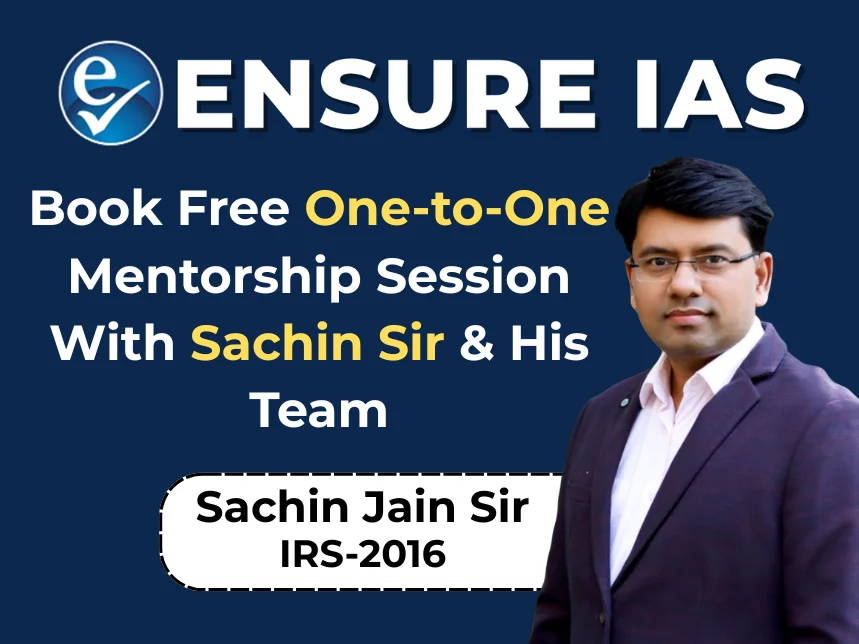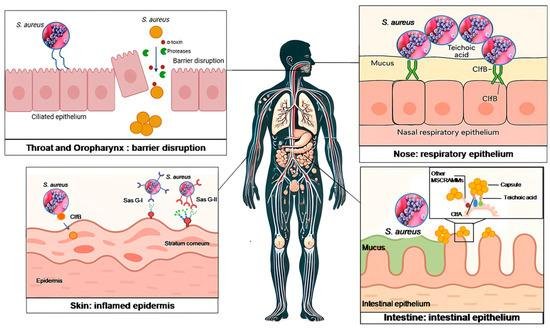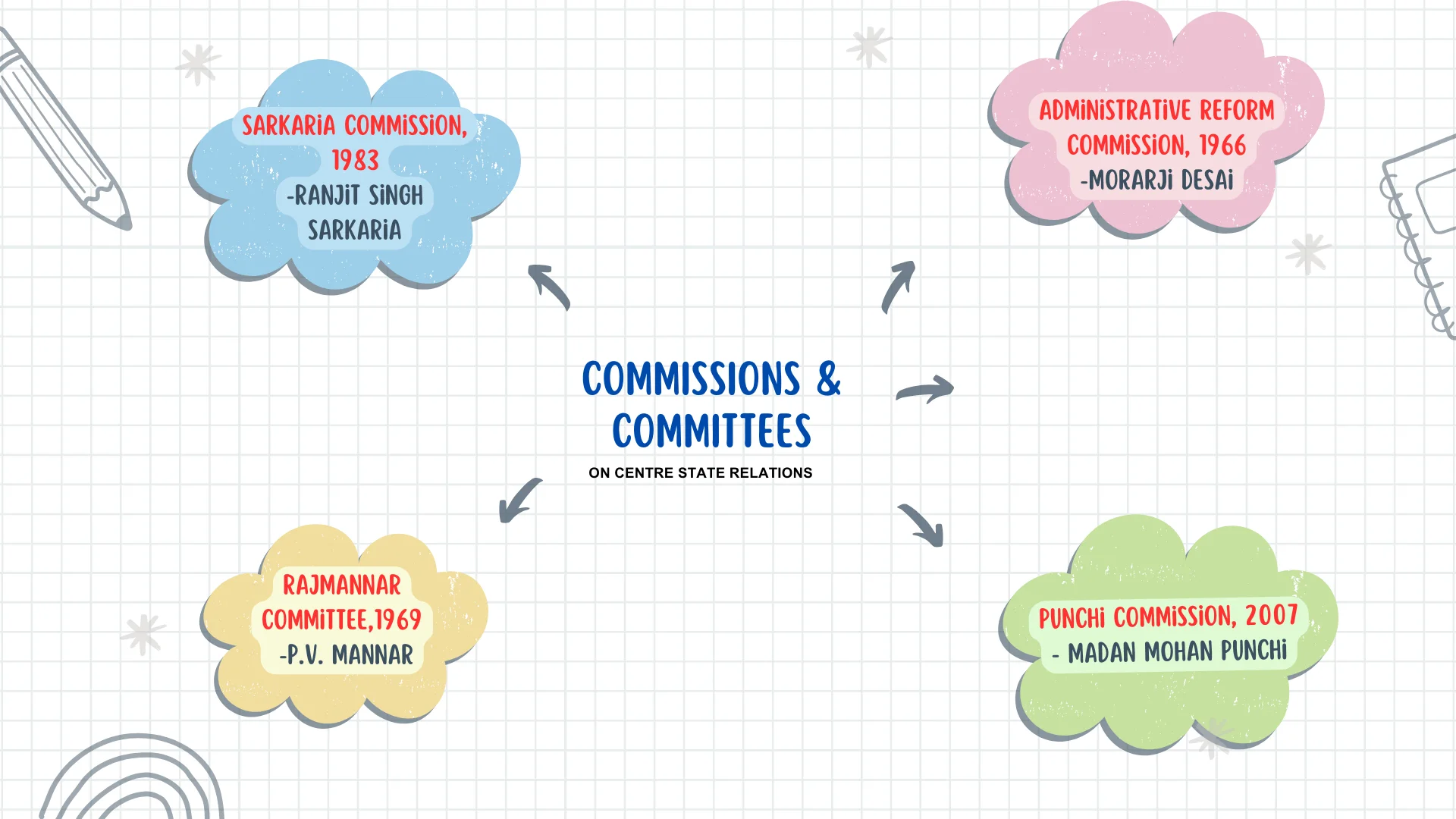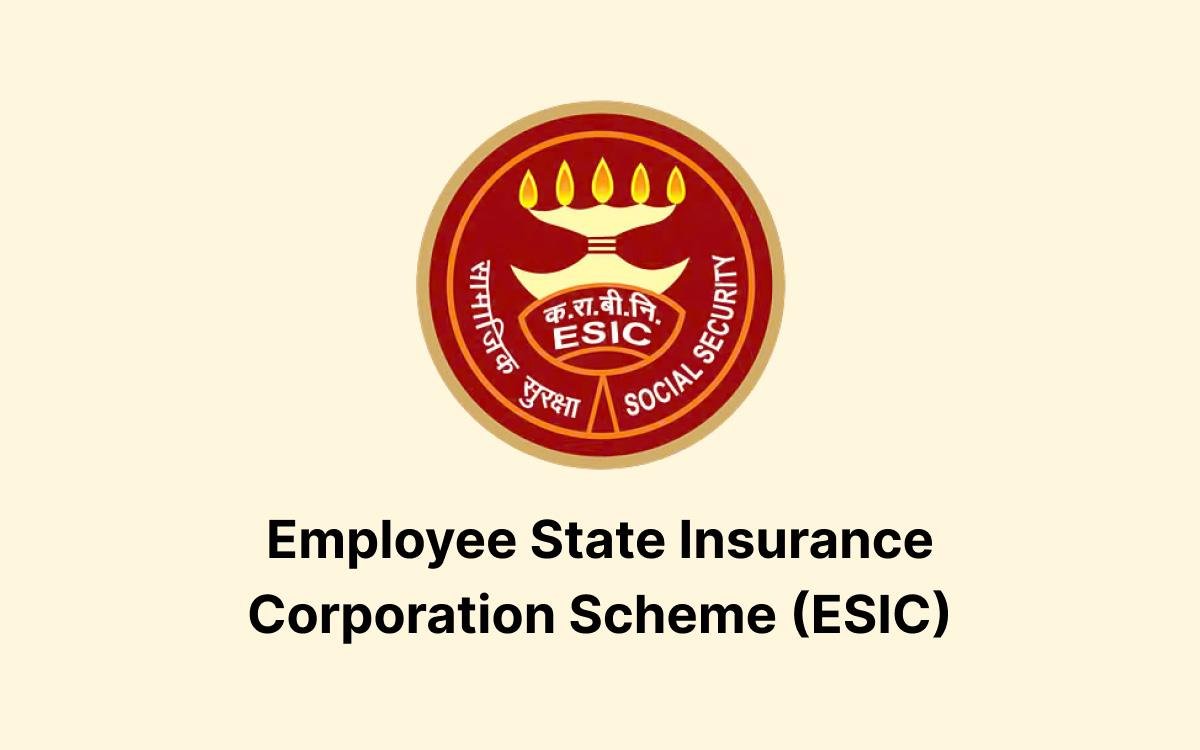The Department of Social Justice and Empowerment (DoSJE) is asking for feedback from the public and stakeholders to improve policies for the LGBTQIA+ community. This comes after the Supreme Court (SC) gave new directives in 2023 to protect LGBTQIA+ rights and clarify their entitlements.
What Was the Supreme Court’s Directive Regarding LGBTQIA+ Rights?
- Supreme Court Ruling (Supriyo@Supriya vs. Union, 2023): The SC ruled on the issue of same-sex marriages but decided not to recognize them. Instead, the Court asked the government to form a committee to look into the rights and entitlements of LGBTQIA+ individuals and couples.
- Government Response: A committee led by the Cabinet Secretary was set up in April 2024 to address discrimination in areas like social welfare, healthcare, public services, and policing. Another committee under the Home Secretary was created to help implement these measures.
What Interim Measures Has the Government Taken?
- Ration Card Advisory: States and Union Territories (UTs) are ordered to include partners in queer relationships as part of the same household for ration cards and to avoid discrimination.
- Banking Rights: The Department of Financial Services has confirmed that LGBTQIA+ individuals can open joint bank accounts and name their partners as beneficiaries.
- Healthcare Initiatives:
- Prohibition of Conversion Therapy: Banned conversion therapy, and awareness programs are planned.
- Sex Reassignment Surgery: Ensuring availability of surgery for those who need it.
- Medical Education: Updating medical curricula to include LGBTQIA+ health issues.
- Healthcare Access: Issued instructions to reduce discrimination and ensure better healthcare access.
- Intersex Conditions: Creating guidelines for medical care of intersex individuals.
- Mental Health: Developing guidelines to address mental health needs of the LGBTQIA+ community.
- Prison Visitation and Law & Order Advisory: Advisories were issued to protect LGBTQIA+ individuals in prisons and to ensure their safety from violence and harassment.
What Other Measures Have Been Taken?
- National Portal for Transgender Persons: A portal to manage the rights and services for transgender individuals.
- Garima Greh: Safe shelters for transgender people.
- Transgender Persons (Protection of Rights) Rules, 2020: Rules to protect the rights of transgender individuals.
- SMILE Scheme: Provides support for marginalized individuals to improve their livelihoods and start businesses.
- National Council for Transgender Persons: A council to address issues related to transgender people.
- Swachh Bharat Mission (Urban): Includes guidelines for toilets dedicated to transgender individuals.
- Ayushman Bharat TG Plus Card: Links the SMILE scheme with the Ayushman Bharat Scheme to give transgender people access to free healthcare facilities.
Status of LGBTQIA+ Rights and Recognition in India
- LGBTQIA+ Acronym: Represents lesbian, gay, bisexual, transgender, queer, intersex, and asexual, with the “+” covering other identities.
Historical Milestones:
- Colonial Era and Stigma (Pre-1990s):
- 1861: Section 377 of the Indian Penal Code criminalized same-sex relations.
- Early Recognition and Activism (1990s):
- 1981: First All-India Hijra Conference.
- 1991: AIDS Bhedbhav Virodhi Andolan publishes a report on LGBTQIA+ issues.
- Landmark Cases and Setbacks (2000s):
- 2001: Naz Foundation challenges Section 377.
- 2009: Delhi High Court decriminalizes consensual homosexual acts.
- 2013: Supreme Court reinstates Section 377.
- Recent Advancements (2010s-Present):
- 2014: Supreme Court recognizes transgender people as a third gender.
- 2018: Section 377 decriminalized by the Supreme Court.
- 2019: Transgender Persons (Protection of Rights) Act passed.
- 2020: Uttarakhand High Court supports legal protection for same-sex couples.
- 2021: Bombay High Court allows self-identification of gender.
- 2022: Supreme Court includes same-sex couples in the definition of family.
- 2023: Supreme Court rejects petitions to legalize same-sex marriage, saying the responsibility lies with lawmakers.
Major Challenges Faced by LGBTQIA+ Community in India
- Social Stigma: Persistent negative attitudes lead to bullying, harassment, and discrimination.
- Family Rejection: Many LGBTQIA+ individuals face rejection from their families, leading to homelessness and lack of support.
- Healthcare Access: Difficulties include discrimination, lack of friendly services, and challenges in accessing proper care.
- Inadequate Legal Recognition: Non-binary and gender non-conforming people face legal and civil rights issues.
- Intersectional Challenges: LGBTQIA+ individuals from marginalized communities face added discrimination.
- Manipulative Counseling: Harmful practices like conversion therapy cause further distress and stigma.
Way Forward
- Push for Legal Reforms: Lawmakers should create new laws or amend existing ones to recognize and protect LGBTQIA+ rights.
- Entrepreneurship and Economic Empowerment: Support LGBTQIA+ business owners with funding and resources and promote inclusive workplaces.
- Healthcare Access: Improve access to healthcare services that are friendly and inclusive, and train healthcare providers.
- Sports as a Game Changer: Use sports to break stereotypes and build community through LGBTQIA+-specific sports leagues.
Conclusion
The Government of India’s actions and the Supreme Court’s directives mark significant progress for LGBTQIA+ rights. However, challenges such as social stigma, legal issues, and healthcare access remain. Continued efforts in legal reform, economic empowerment, healthcare improvement, and community support are crucial for achieving full equality for the LGBTQIA+ community in India.






